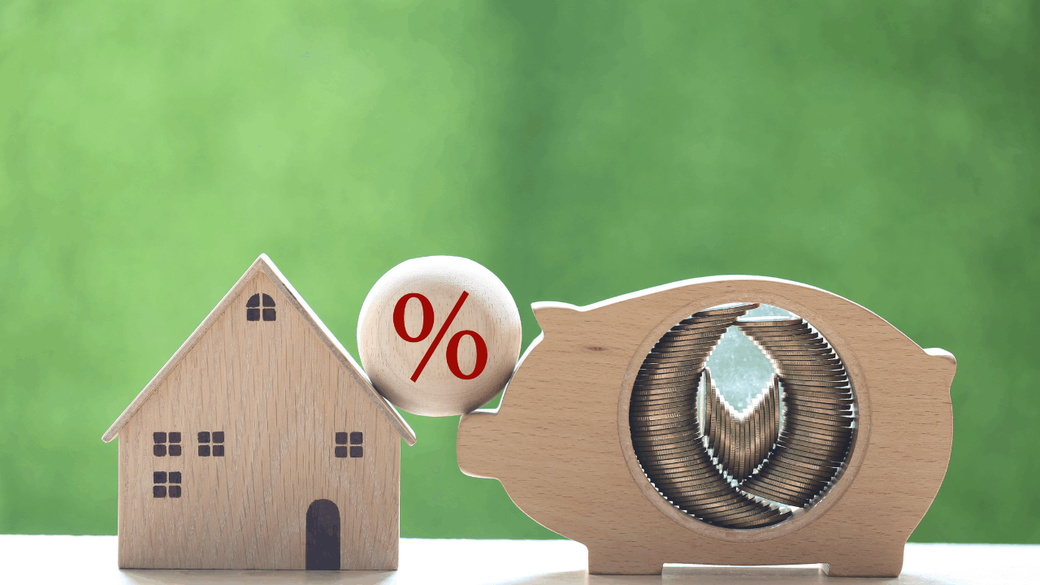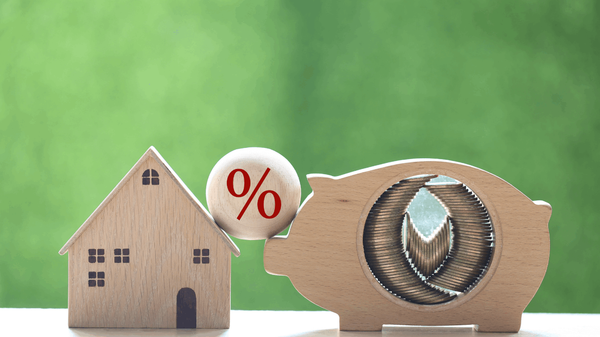Will Mortgage Rates Drop After a Fed Rate Cut? The Real Story

When the Federal Reserve cuts interest rates, it’s natural to wonder: Does that mean lower mortgage rates for me?
The short answer? Not exactly.
While Fed decisions influence the economy, mortgage rates react more to bond markets, inflation outlooks, and investor behavior. Let’s clear the confusion so you can plan your next move wisely.
How the Fed Influences Mortgage Rates (Indirectly)

What the Fed Funds Rate Really Affects
The Fed funds rate is what banks charge each other for overnight loans. It's not the same thing as mortgage rates. Home loan rates are shaped more by long-term factors like inflation expectations and investor sentiment.
Why 30-Year Mortgages Track the 10-Year Treasury
Since most people don’t hold a mortgage for 30 full years, lenders price those loans in relation to 10-year Treasury yields. The closer the Treasury drops, the more likely mortgage rates will ease—eventually.
Mortgage-Backed Securities (MBS) Are Key
Banks bundle mortgages into securities and sell them. The performance of these MBS markets has a direct impact on how lenders set your daily mortgage rate.
The Market Moves Ahead of the Fed
Investors typically anticipate Fed cuts. That means bond yields (and thus mortgage rates) may shift before the Fed officially announces anything. By the time the cut happens, the effect might already be reflected in your rate.
What Actually Happens After a Fed Cut?

Don’t Expect Instant Relief
Mortgage rates don’t fall overnight. It can take weeks for the ripple effects to settle in—depending on economic headlines, inflation data, and global events.
Rate Drops Are Not One-to-One
A quarter-point (0.25%) Fed cut doesn’t guarantee the same drop in your mortgage rate. It could be more, less, or none—depending on Treasury and MBS pricing.
Impact on Different Types of Loans
Fixed-Rate Mortgages
These are influenced by longer-term yields, not directly by the Fed. If rate cuts help reduce inflation worries, then fixed mortgage rates may drop over time.
Adjustable-Rate Mortgages (ARMs) and HELOCs
These loans are usually tied to short-term benchmarks like SOFR or Prime Rate, which closely track Fed decisions. Expect these to move more quickly after a rate cut.
What Might Happen Next? Three Scenarios
-
Soft-Landing Rate Cut
If inflation is falling and the economy remains steady, mortgage rates may gradually ease. -
Sticky Inflation Scenario
If inflation stays stubborn, investors might doubt the Fed’s control—leading to little or no movement in mortgage rates. -
Recession Warning
A sharp Fed cut could signal recession. In response, investors often buy safe assets like Treasuries, pushing yields—and mortgage rates—lower.
Wild Cards That Outweigh the Fed
-
Inflation Outlooks: Rising inflation expectations can neutralize any benefits of a Fed cut.
-
Housing Demand vs. Supply: More buyers (thanks to lower rates) may raise home prices, reducing the benefit of cheaper financing.
-
Global Market Shocks: Wars, banking issues, and other crises can cause rate spikes or dips overnight—regardless of the Fed.
What Buyers Can Do Right Now
Should You Lock or Float?
-
Locking protects you from market jumps.
-
Some lenders offer float-downs, letting you capture a better rate if the market improves before closing.
Consider Mortgage Points
Buying down your rate can help long-term—but it only makes sense if you plan to stay in the home long enough to recoup the upfront cost.
Improve Your Financial Profile
Even in a rate-sensitive market, your credit score, debt-to-income ratio, and lender shopping can make a big difference in what you’re offered.
Homeowners: Is Now the Time to Refinance?
Do the Break-Even Math
A refinance is worth it if you’ll stay in the home long enough to offset the upfront cost.
Example:
Refi saves $200/month and costs $4,000.
Break-even = 20 months. Staying longer than that? Refinance makes sense.
Cash-Out Refi vs. HELOC
-
Cash-Out Refi: Replaces your mortgage with a new one—ideal if you can lower your rate.
-
HELOC: Adds a second mortgage. Best if you want to tap equity without touching a low-rate first loan.
Tips for Sellers and Agents

Monthly Payments Drive Decisions
Buyers are payment-driven, not just price-driven. Even a slight rate drop can expand their budget or make your listing more attractive.
Incentivize with Creativity
Offer rate buydowns or seller credits to improve affordability—especially if rates are rising or stagnant.
Common Myths—Busted
| Myth | Reality |
|---|---|
| Fed cuts = instant mortgage relief | Mortgage rates react slowly, and not always downward |
| All mortgages follow the Fed | Only ARMs and HELOCs—fixed loans follow bonds |
| Bigger cuts = bigger rate drops | Not necessarily—market confidence matters more |
| Locking is a gamble | Locks offer protection, and float-downs give flexibility |
| Points always save money | Only if you keep the mortgage long enough to justify the cost |
Final Thoughts: Focus on Strategy, Not Headlines
Fed rate cuts may set the tone, but they don’t guarantee mortgage savings. What really moves rates is a mix of inflation, bond market shifts, and investor sentiment.
Instead of chasing the "perfect rate," focus on what you can control:
-
Lock when rates meet your budget
-
Strengthen your financial profile
-
Shop smart with trusted lenders
FAQs
Q: How quickly do mortgage rates react to a Fed cut?
A: It varies—anywhere from days to weeks, depending on market trends and inflation.
Q: Will my HELOC rate go down with a Fed cut?
A: Likely yes, since HELOCs follow the Prime Rate, which adjusts with Fed changes.
Q: Should I buy points now or wait?
A: Only buy points if you plan to keep the loan long enough to break even.
Q: Why does my lender’s quote change during the day?
A: Lenders adjust rates based on fluctuations in the mortgage-backed securities market.
Q: Is it worth waiting for rates to drop before buying a home?
A: Not necessarily. If the numbers work for you now, you can always refinance later.
Categories
Recent Posts











7997 W. Sahara Ave. Suite 101, Vegas, NV, 89117, United States
